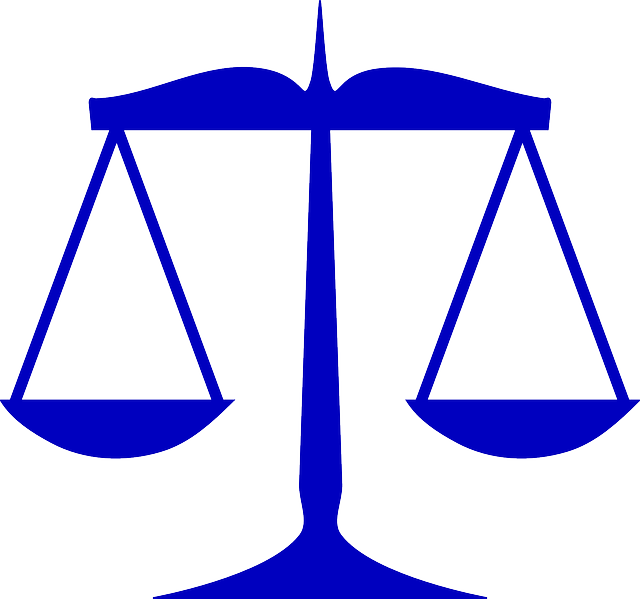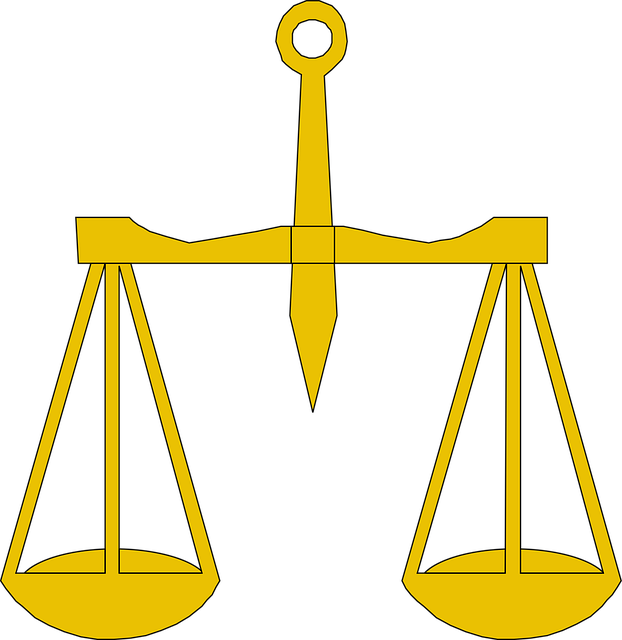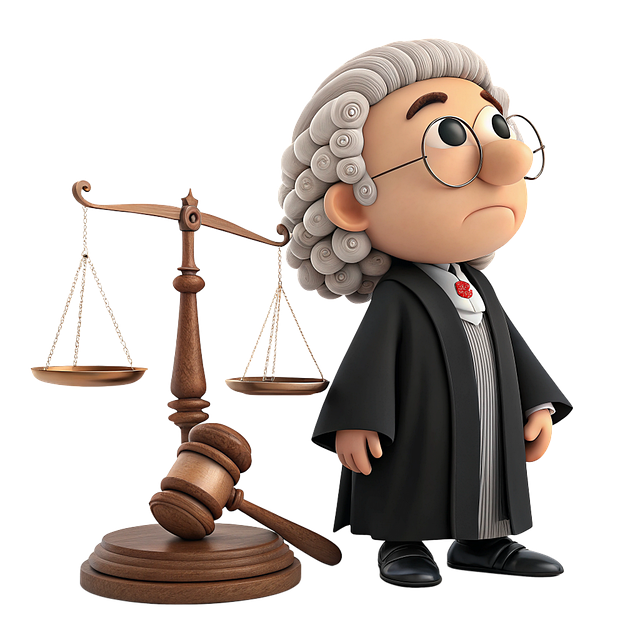Regulatory fraud laws protect employees from unscrupulous workplace practices, promoting fairness. Understanding these laws empowers individuals and businesses to assert rights against violations like wage theft or false representation. Experienced attorneys defend clients, upholding justice for unfair behaviors. Reporting internal or regulatory violations is crucial, as navigating legal action with white-collar crime expertise can be complex. Jury trials hold wrongdoers accountable, encouraging ethical conduct and transparency, while successful litigation fosters societal positive change. Legal Action for Unfair Workplace Practices serves as a powerful deterrent and tool for securing justice and reparations.
Regulatory fraud laws are crucial tools designed to protect workers from unfair workplace practices. This comprehensive guide delves into the intricacies of these legal protections, offering insights on identifying and reporting potential violations. From understanding the scope of regulatory fraud to navigating the impact of legal action, we explore strategies for holding employers accountable, emphasizing the importance of taking action against unethical conduct. By examining these measures, workers can ensure a safer, more equitable professional environment.
- Understanding Regulatory Fraud Laws: An Overview of Legal Protections
- Unfair Workplace Practices: Identifying and Reporting Potential Violations
- The Impact of Legal Action: Strategies for Holding Employers Accountable
Understanding Regulatory Fraud Laws: An Overview of Legal Protections

Regulatory fraud laws are designed to protect employees from unfair workplace practices and ensure a level playing field for all. These legal protections are crucial in holding businesses accountable when they engage in deceptive or illegal activities that harm workers. Understanding these laws is essential for both corporate and individual clients who wish to navigate their rights effectively.
Knowing the scope of regulatory fraud laws empowers employees to take legal action against employers who violate these guidelines. From wage theft to false representation, various offenses fall under this category. Winning challenging defense verdicts has been a hallmark of experienced attorneys specializing in this field, advocating for their clients’ interests and ensuring justice is served.
Unfair Workplace Practices: Identifying and Reporting Potential Violations

Unfair workplace practices can take various forms, from wage theft to discrimination and harassment. Employees who suspect such violations aren’t just harmed financially but also face a hostile work environment that can impact their mental health and overall well-being. If you believe you’ve witnessed or experienced these practices, it’s crucial to understand your rights and available legal options. Reporting potential violations to the appropriate authorities, whether through internal channels or external regulatory bodies, is an essential step in addressing these issues.
Knowing when to take legal action for unfair workplace practices, such as engaging in white-collar and economic crimes, can be complex. Consulting with a general criminal defense attorney who specializes in employment law can provide clarity and help navigate the process effectively. Remember that jury trials are a significant aspect of holding wrongdoers accountable, ensuring justice not just for individuals but also for fostering fair and ethical workplace cultures across industries.
The Impact of Legal Action: Strategies for Holding Employers Accountable

When it comes to regulatory fraud laws, legal action for unfair workplace practices plays a pivotal role in holding employers accountable. The impact of such actions extends far beyond penalizing offending companies; it serves as a powerful deterrent, encouraging ethical conduct and transparency across industries. By employing robust legal strategies, victims of unethical behavior can seek justice, secure reparations, and ensure that their rights are upheld. This process involves meticulous documentation, expert evidence, and a thorough understanding of the law, enabling affected individuals to navigate complex legal landscapes effectively.
Moreover, successful legal action has broader implications for society at large. It strengthens the bonds within philanthropic and political communities by demonstrating a collective commitment to fairness and integrity in the workplace. Effective litigation not only avoids indictment but also fosters a culture where accountability is the norm, driving positive change and promoting sustainable business practices that benefit respective businesses and society as a whole.
Regulatory fraud laws play a crucial role in safeguarding workers from unfair practices. By understanding these laws and knowing how to identify and report violations, individuals can contribute to creating a more accountable workplace environment. Through the strategic use of legal action, employers can be held responsible for their actions, ensuring a fair and safe working condition for all.






